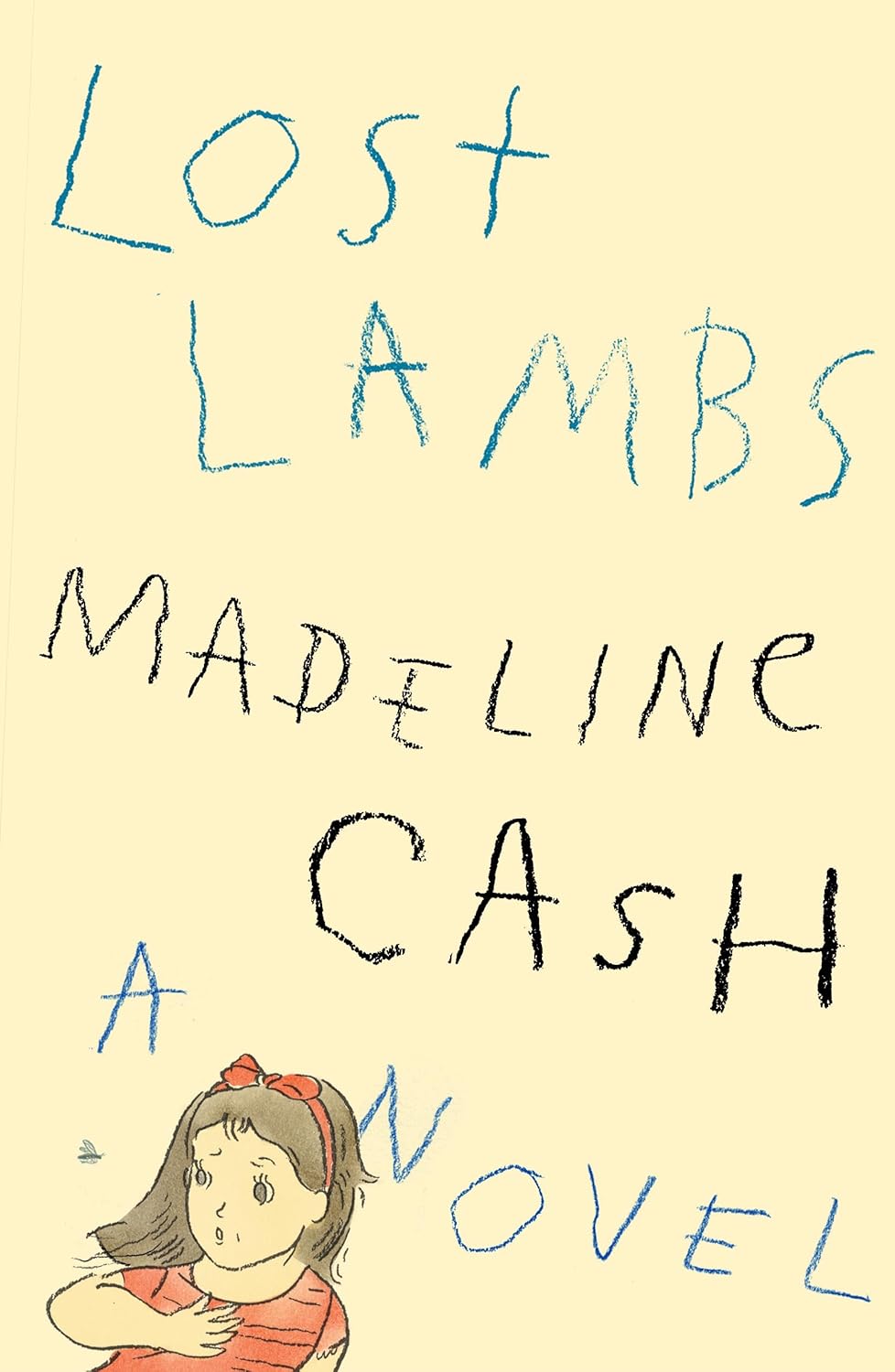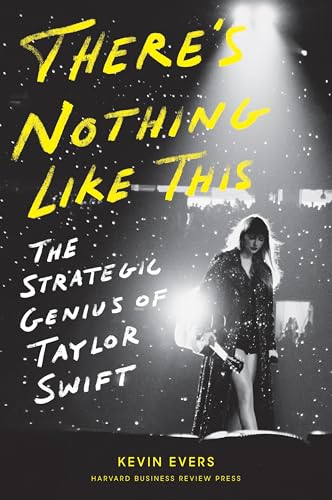bookbunny96 joined a quest
Majestic Minibeasts: Moths, Millipedes, Mites, & More! 🐌🐛🐝
🏆 // 357 joined
Not Joined



Come learn about the most common animals on our planet: insects, spiders, earthworms - all the critters and bugs who share our world! For this nonfiction quest, all you need is an open mind and a love for all things mini.
bookbunny96 commented on bookbunny96's update
bookbunny96 started reading...

The Enchanted Greenhouse (Spellshop, #2)
Sarah Beth Durst
bookbunny96 started reading...

The Enchanted Greenhouse (Spellshop, #2)
Sarah Beth Durst
bookbunny96 started reading...

Buckeye
Patrick Ryan
bookbunny96 is interested in reading...

Discontent
Beatriz Serrano
bookbunny96 commented on a post
I'm finding the letter format fine to follow, but I think it does hamper character development. Usually I'm thinking about the characters the next day, but in this book Sybil is the one and only character that I feel I learn more about. Bruce, Fiona, the neighbour - they all remain static in my mind until they reappear in a letter. Maybe the focus on Sybil is intentional and the reasoning will unfold as I continue. Just a reflection so far on this style of book, unique, but I dont feel like I have my usual bunch of book character friends to think about the next day... and I miss that.
bookbunny96 wrote a review...
Madeline Cash’s Lost Lambs is the kind of book that makes you go, “This is so stupidly funny,” and then immediately realize you mean it as the highest compliment. It is weird, original, addictive, and honestly unbelievable that this is a debut novel. From page one, I had that instant click: the voice grabs you by the collar, and suddenly you’re reading slower on purpose because you can already tell you’re going to miss living inside this particular brand of chaos.
Cash’s humor is quietly lethal. The writing is matter-of-fact, almost stiffly reasonable, like everyone is determined to behave politely while the universe fully unravels around them. And that contrast is exactly where the book thrives. The Flynn family’s world looks neat and literal on the surface, but underneath it is pure absurdity, constantly threatening to burst through. It is cringe comedy at its finest, with timing so good it feels weaponized.
What makes it hit even harder is how earnestly the characters try to rationalize the irrational. Their observations are strange and slightly “off,” but also painfully real, the way anxiety can make you treat the most unhinged thought like a genuine logistical problem. One standout scene has Bud Flynn sitting in his billionaire boss’s mansion ahead of an important meeting, spiraling into oblivion over whether his goofy tie was the wrong choice, debating it with a weird, childlike assistant. The whole exchange is surreal yet painfully relatable, giving major Severance energy, where the setting is normal-ish but the vibes are spiritually haunted.
Lost Lambs lives in that deadpan psychological unease that is both laugh-out-loud funny and deeply uncomfortable, even creepy at times. Every tiny decision triggers a mental spiral, and you get pulled right into the character’s anxious logic until you’re also sitting there like, “Yes, this tie could ruin everything, obviously.” It is absurdist realism: things that could happen, pushed just far enough that they start to feel like a fever dream you can’t shake.
Unsettling, hilarious, and impossible to forget. I cannot wait for more people to read this and experience the particular weirdness that is Lost Lambs. Madeline Cash has arrived, and if this is what she’s doing on debut, I’m both thrilled and slightly terrified for what she writes next.
bookbunny96 finished a book

Lost Lambs
Madeline Cash
bookbunny96 commented on bookbunny96's update
bookbunny96 is interested in reading...

There's Nothing Like This: The Strategic Genius of Taylor Swift
Kevin Evers









